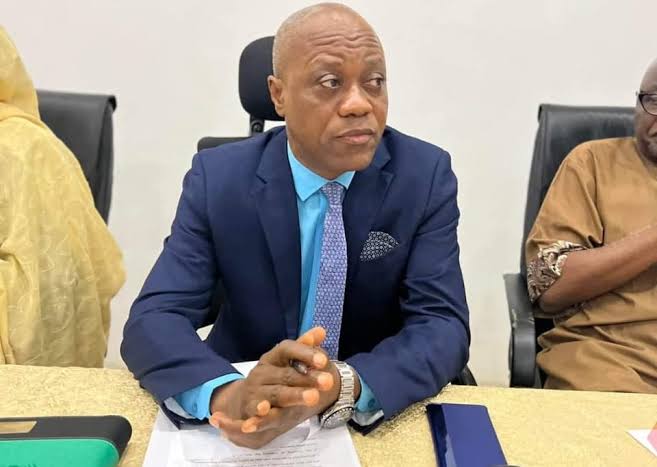Nigeria’s unemployment rate experienced a significant drop from 5.3% in the fourth quarter of 2022 to 4.1% in the first quarter of 2023, according to Adeniran Adeyemi, the Statistician General of the Federation and Chief Executive Officer of the National Bureau of Statistics (NBS).
Adeyemi revealed this positive development during the inauguration of the New Nigeria Labour Force Survey (NLFS) held in Abuja on Thursday. He emphasized that this reduction was a result of a change in the methodology employed for the survey and not solely due to government performance.
The NLFS, conducted jointly by the NBS, the World Bank (WB), and the International Labour Organisation (ILO), provides valuable insights into Nigeria’s workforce and labor market dynamics.
In justifying the methodology change, Adeyemi clarified that the revision aimed to ensure accurate data for evidence-based decision making and adhered to the highest standards. The new method recognizes all forms of work engagements from which individuals earn income, thereby presenting a more comprehensive understanding of the labor market.
The survey also revealed that neighboring countries such as Ghana, Niger, Chad, Cameroon, Togo, and Benin Republic reported similar unemployment rates, further validating Nigeria’s data.
In response to the ever-changing global landscape and data ecosystem, Adeyemi emphasized the importance of continuous adaptation in data collection and analysis. He cited a revision of the survey’s design and methodology, impacting headline unemployment and underemployment rates, among other key labor market indicators.
The revised definition of the working age population, now including individuals aged 15 and above, recognizes the labor contributions of persons beyond the previous age limit of 64.
Adeyemi acknowledged that the concept of “working for a minimum of 1 hour” as the benchmark for unemployment drew controversy, given that very few individuals work for only one hour per week. He clarified that the benchmark served solely as a reference rather than an accurate depiction of employment status.
Overall, the survey data indicated that approximately 73.6% of Nigerians in the working age population were engaged in some form of work for pay or profit during the fourth quarter of 2022, rising to 76.7% in the first quarter of 2023.
In further support of Nigeria’s data collection efforts, the World Bank’s Country Director, Shubham Chaudhuri, expressed the bank’s commitment to ensuring robust and regular national labor force survey data for the country. Adequate data is crucial for government decision-making and the implementation of effective programs to address the nation’s challenges.
Minister of Budget and Economic Planning, Abubakar Bagudu, emphasized the significance of accurate data in national planning and development. President Bola Tinubu, he stated, highly values reliable data for informed decision-making and would support initiatives that contribute to its production.
Bagudu also stressed the need to address the high unemployment rate in the country, acknowledging Nigeria’s absorptive capacity and the necessity of providing an enabling environment and incentives to create more jobs for the youth.
The Acting Governor of the Central Bank of Nigeria (CBN), Mohammed Tumala, highlighted the importance of labor statistics in informing economic policies and business decisions. Additionally, he called for collaboration between the NBS and communication experts to ensure effective dissemination of survey findings to the public.
In conclusion, there is cause for optimism as Nigeria experiences a significant decline in its unemployment rate. The new labor force survey provides a clearer and more comprehensive picture of the country’s workforce dynamics, enabling policymakers and researchers to make informed decisions that drive economic growth and social development.
